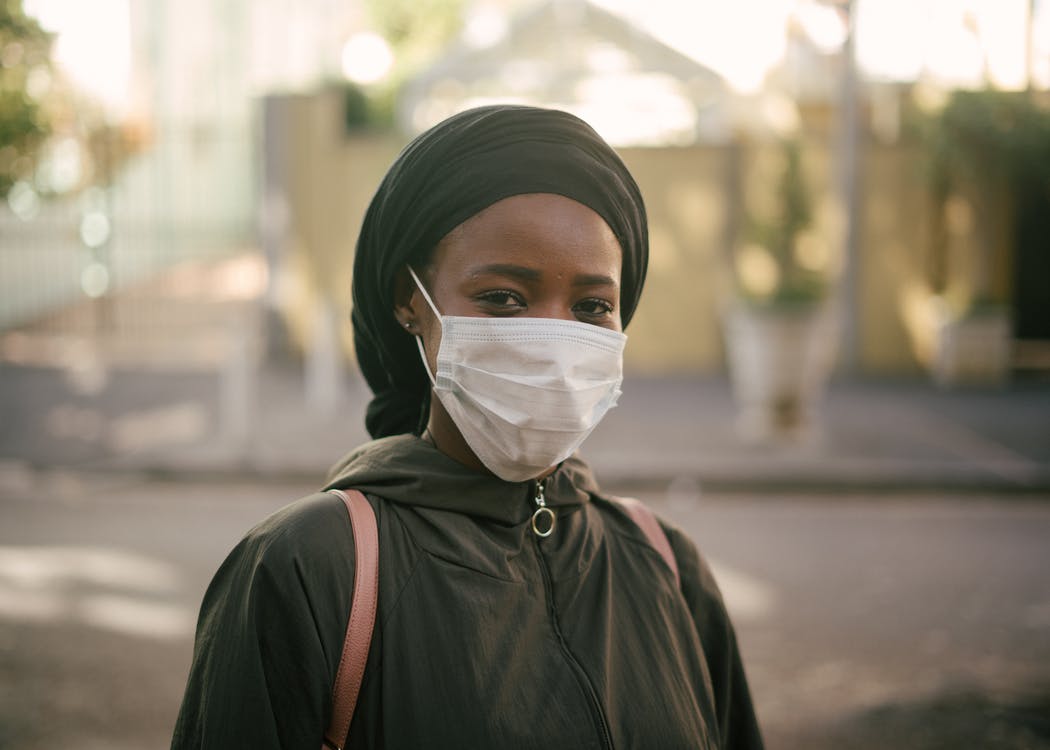4 Myths About Wearing A Mask, Debunked
2020.11.07
For the past months, masks have become indispensable for our everyday lives. Together with practicing social distancing and washing your hands frequently, wearing a face mask is one of the most recommended preventive measures to stop the virus from spreading.
The coronavirus was declared a pandemic on 11 March this year, but even though we have been wearing face masks for more than half a year, there is still much debate over how, when, and why to wear them. To clear things out, below are 4 of the most common misconceptions people have about face masks, corrected.

Image source: https://www.pexels.com/photo/african-american-woman-in-face-mask-on-city-street-4177882/
I don’t need to wear a mask if I am not sick
Wearing a mask is one of the most effective methods to slow down the spread of the virus, whether you are sick or not. In theory, yes, the role of the mask is to keep you from spreading germs around if you are sick, but a significant number of COVID-19 patients don’t show symptoms at all, so they don’t know they are sick and continue to spread the virus.
The mask prevents us from transmitting respiratory droplets t other people, but it also serves as a shield that protects us from habitually touching our mouth or nose with dirty hands.
Cloth masks don’t protect you against COVID-19
Many people believe only surgical masks are effective against COVID-19, but cloth masks can be just as effective for the general public. Yes, it is true that those working in a medical environment need to wear surgical masks or professional respirators, but cloth masks are very effective in a traditional environment.
Organic cotton face masks are more comfortable than medical masks and fit much tighter on the face, preventing respiratory droplets from spreading in the air. This reduces the chance of giving or getting the virus.
Wearing a mask will make me sick
A common misconception that has been circulating around is that wearing a mask makes you breathe in more CO2 and can cause headaches, dizziness, or respiratory problems. In reality, however, the amount of CO2 you breathe in while wearing a mask is too little to cause any problem. Just think of health care providers, who have to wear masks for multiple hours a day even when there is no pandemic around, and have not signaled any adverse reactions.
If you feel uncomfortable breathing while wearing a mask, try to limit your talking and focus on breathing through your nose to reduce the levels of humidity that builds up in your mask.
Wearing a mask replaces social distancing
Social distancing and masks are two entirely different things. Yes, they are both preventive methods against the spreading of the virus, but they are not interchangeable. To protect yourself and those around you, you need to wear a mask AND practice social distancing at the same time. There are plenty of people who might have the virus and not show any symptoms, so they don’t know it. Both masks and social distancing can protect you in these cases.
More Articles
Copyright © Fooyoh.com All rights reserved.